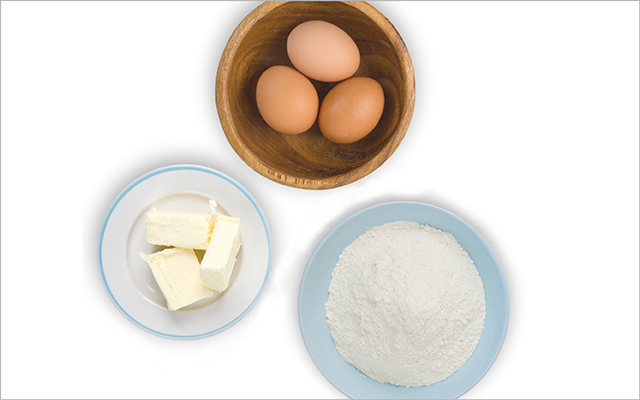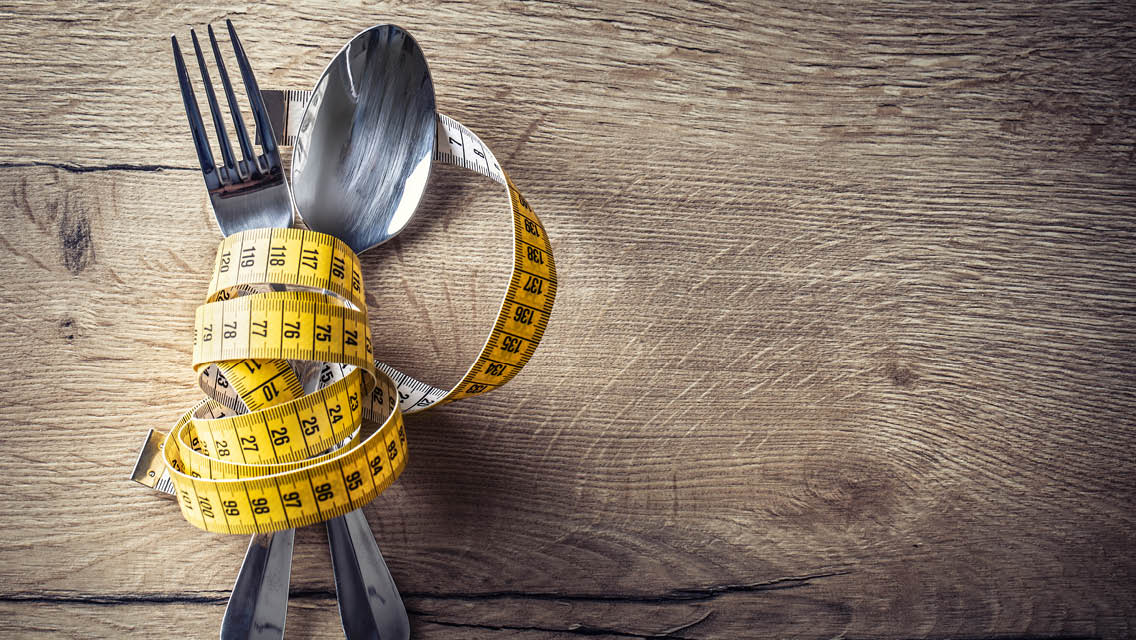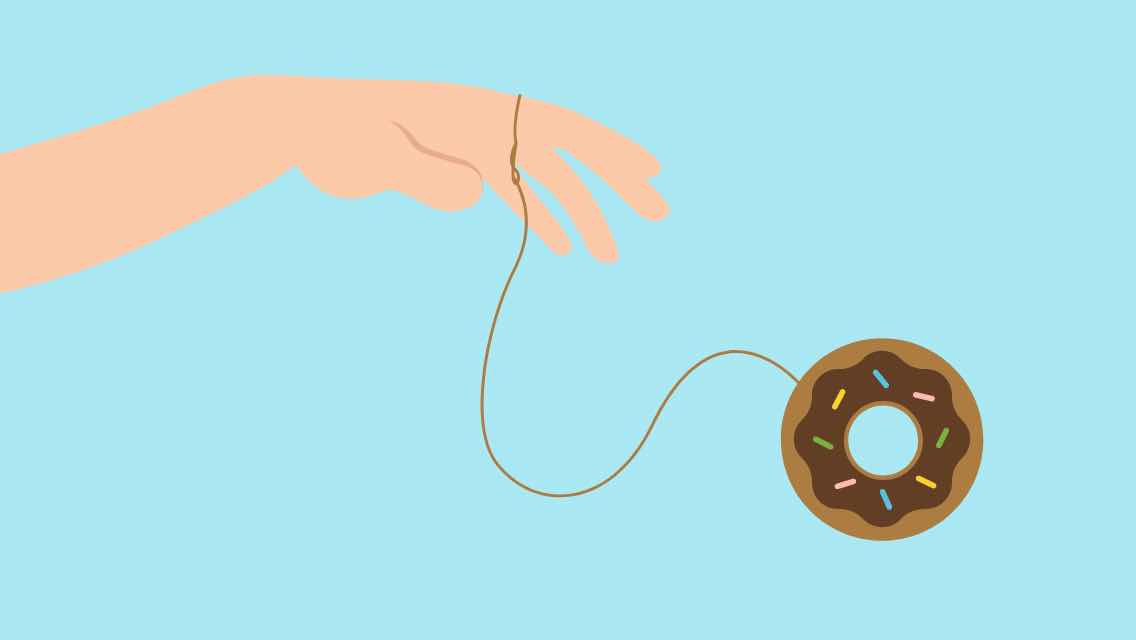Mary Purdy, MS, RDN, in Seattle, is straightforward about this: She says there’s a real risk that doing an elimination diet to test for food allergies could trigger eating-disorder behavior.
“If you have even an inkling that you might not be in full recovery, check in with a dietitian or a counselor who understands eating disorders before you embark on the diet,” Purdy says. “In fact, I’d check in with them no matter how you feel.”
To safeguard against the tendency to obsess about food, which is central to many disordered eating patterns, take a moderate approach. “I’d suggest doing an elimination diet that’s not as extreme,” she says. “Start with just one or two food groups. Choose the ones that are the most likely culprits or the ones that are most prevalent in your diet.”
A standard multi-food-group elimination diet can make anyone anxious “because they may feel that they have nothing to eat,” Purdy explains. “And it also may amplify the fear of food that can be prevalent in people with eating disorders — the sense that some foods are evil.”
Removing just one food group — dairy or wheat, for example — may help reframe the diet as a chance to learn how your body responds to certain foods.
If you’re in the middle of an elimination diet and find yourself feeling obsessive and nervous, despite these safeguards, seek professional help right away. “I’d also suggest exploring the anxiety to see how serious it is and whether it really threatens your eating-disorder recovery,” she says.
“Tell yourself that you recognize that you are feeling anxious. Ask yourself what it could be about. If the anxiety grows less as you look into it, it will probably pass,” Purdy explains. “If it grows more intense, take it seriously. Let go of the diet until you can talk to your practitioner.”




This Post Has 0 Comments